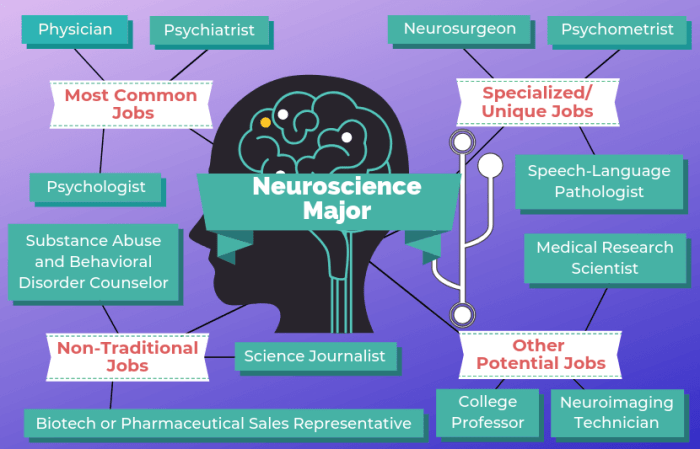Research Facilities
- Molecular Biology Laboratories: Equipped with PCR machines, gel electrophoresis systems, and DNA sequencers for studying gene expression, protein synthesis, and genetic disorders.
- Microscopy Laboratories: Feature high-resolution confocal and electron microscopes for visualizing cellular structures, organelles, and molecular interactions.
- Electrophysiology Laboratories: Contain patch-clamp rigs, extracellular electrodes, and EEG systems for recording and analyzing electrical activity in neurons and neural circuits.
- Behavioral Laboratories: Designed for studying animal models of neurological disorders, including learning, memory, and motor function.
These facilities provide a comprehensive infrastructure that supports the research endeavors of students, enabling them to conduct cutting-edge investigations and contribute to the advancement of neurobiology.
Application and Admissions Process
The application process for a master’s degree program in neurobiology typically involves submitting an online application, official transcripts, GRE scores, and letters of recommendation. Some programs may also require a personal statement or a statement of purpose.
Admission requirements vary by program, but generally, applicants should have a strong academic record with a bachelor’s degree in neurobiology, biology, or a related field. A minimum GPA of 3.0 is often required, and some programs may have higher GPA requirements. GRE scores are also typically required, and competitive applicants will have scores in the 50th percentile or higher.





